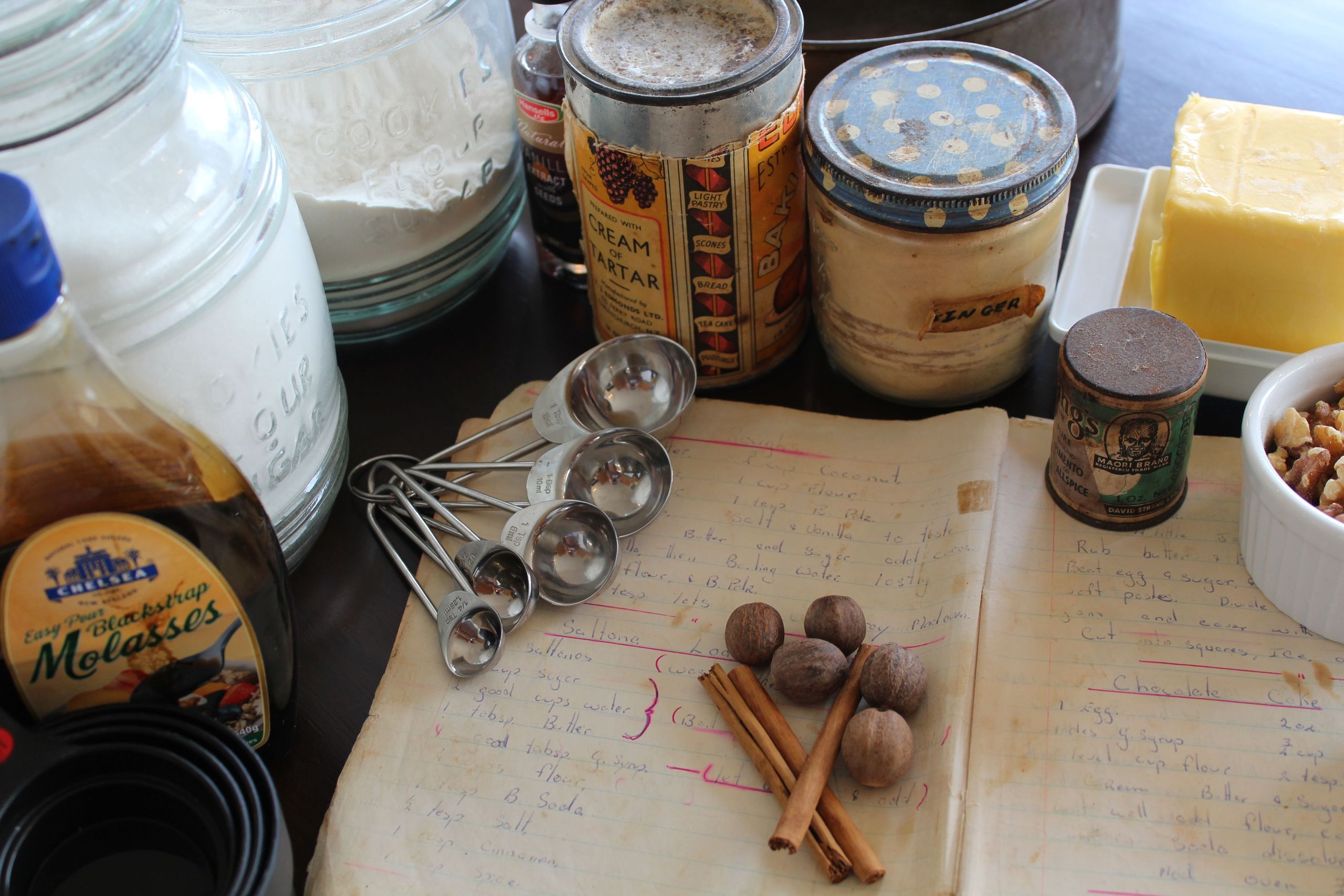
Cooking with old recipes often means encountering terms like “moderate oven” or “slow oven.” This page provides a quick reference guide for converting these traditional oven temperatures into modern Celsius and Fahrenheit equivalents.
Whether baking a family classic or exploring a vintage cookbook, this table ensures your oven settings match the recipe’s intent, helping you recreate dishes just as they were meant to be enjoyed.
| Description | Fahrenheit | Celsius | Use |
|---|---|---|---|
| Cool oven | 200°F | 90°C | Slow cooking, drying out food, or delicate items like meringues. |
| Very Slow oven | 200–250°F | 90–120°C | Long, gentle cooking for delicate dishes like custards or low-and-slow roasts. |
| Slow oven | 300–325°F | 150–160°C | Pastries or slow-cooked stews and casseroles. |
| Moderately Slow | 325–350°F | 160–180°C | Sponges, cakes, or cooking poultry and pork for tenderness. |
| Moderate oven | 350–375°F | 180–190°C | General baking (biscuits, muffins, cakes) and roasting vegetables. |
| Moderately Hot | 375–400°F | 190–200°C | Roasting meats for a good sear or baking bread with a crusty finish. |
| Hot oven | 400–450°F | 200–230°C | Pizza, roasting, or quick-cooking dishes which require a high heat. |
| Very Hot oven | 450–500°F | 230–260°C | Browning or flash-cooking foods like tandoori or naan bread. |
| Fast oven | 500°F+ | 260°C+ | Specialised baking, such as puff pastry. |
All ovens are different, and this should be used as a guide toward adapting older recipes for your kitchen.
Recommendation: Use an oven thermometer to help understand the oven you’re using.

